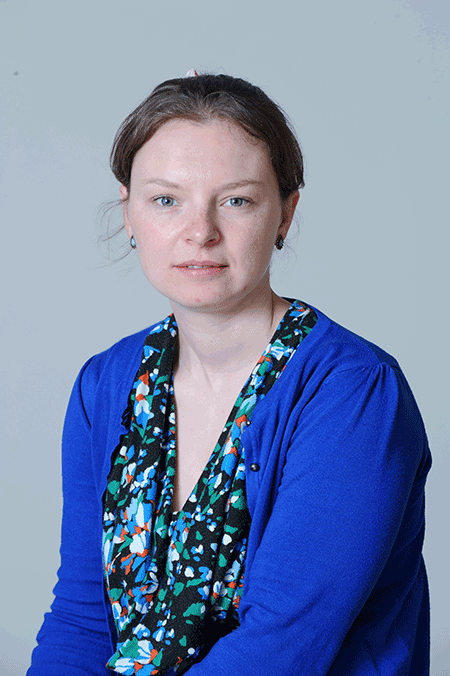The Government must act quickly over plans to make blue badges available to those with hidden disabilities.
That’s the view of Sarah Lambert, who is head of policy at the National Autistic Society (NAS).

NAS policy chief Sarah Lambert: she has urged the Government to act quickly over its plans to give blue badges to people with hidden disabilities
‘Lifeline for autistic people and their families’
Lambert says the parking badges are a “lifeline for autistic people and their families and can help prevent a life of isolation”.
The Government has announced people with hidden disabilities, including autism and mental health conditions, will soon have access to blue badges.
It’s hoped the move will bring down barriers to travel.
However, the new rules will not come into force until next year.
Discretionary powers over blue badges
Lambert stressed councils already have discretionary powers to give blue badges to autistic people.
She urged them to use those powers to give badges to those who will qualify under the new rules.
The scheme already allows those with physical disabilities to park closer to their destination, including on double yellow lines.
Although people with mental health conditions and autism may receive a badge, the current rules are open to interpretation.
The new criteria will give consistent guidelines across England.
‘Significant step in the right direction’
Solicitor Maria Chadwick manages the discrimination department at law firm Stephensons. She said the Government’s move is a “significant step in the right direction”.
Chadwick added that the changes will “benefit millions of people, and their families, for whom parking in public places became a highly anxious experience”.

Disability discrimination solicitor Maria Chadwick: she says changes to blue badge rules will benefit millions
A Department for Transport spokesperson said the changes won’t come into force until next year because they will require new legislation.
The spokesperson added that “new guidance, new digital infrastructure and a robust assessment system” are needed to ensure the scheme is sustainable.
Related:
Published: 7 August 2018















